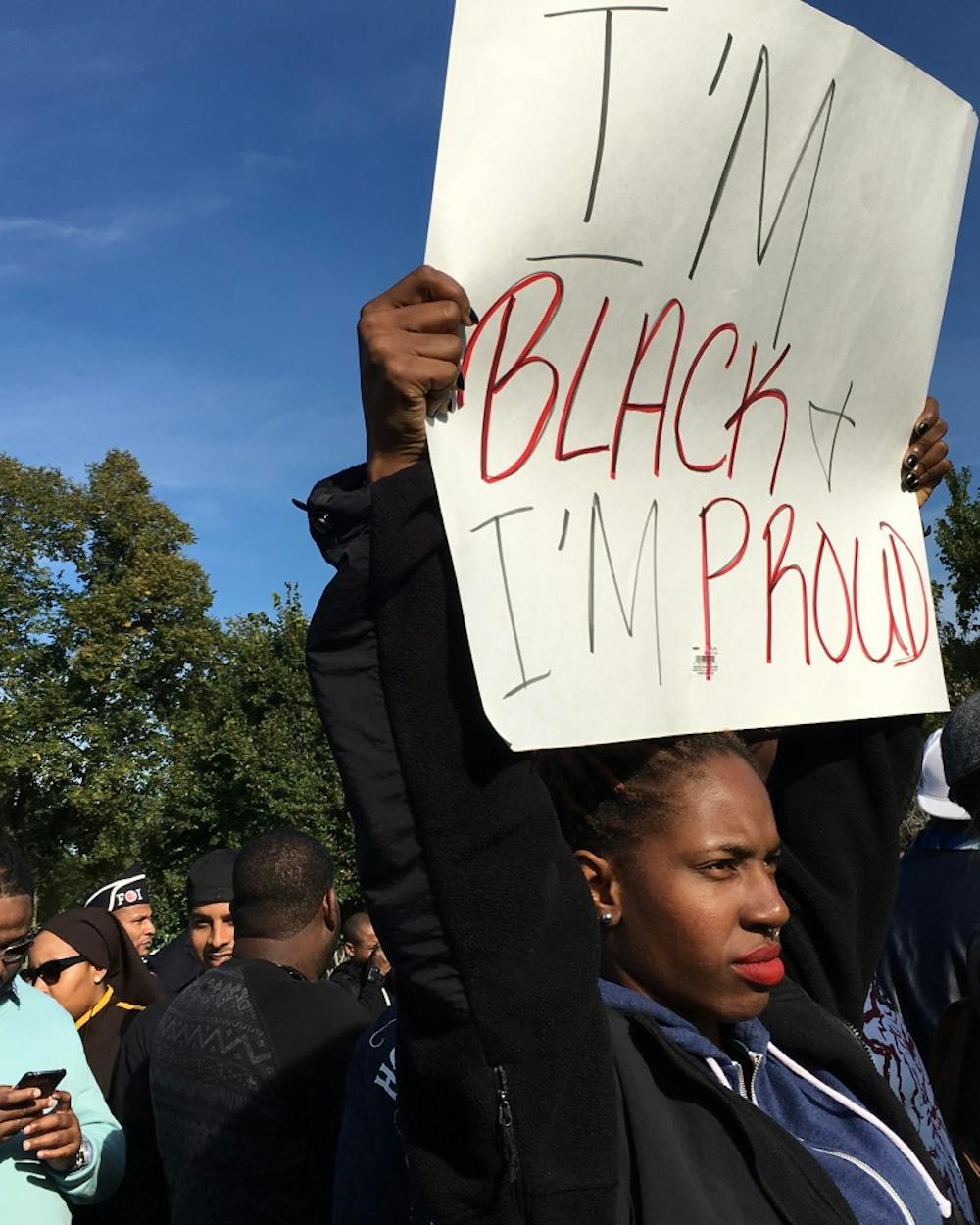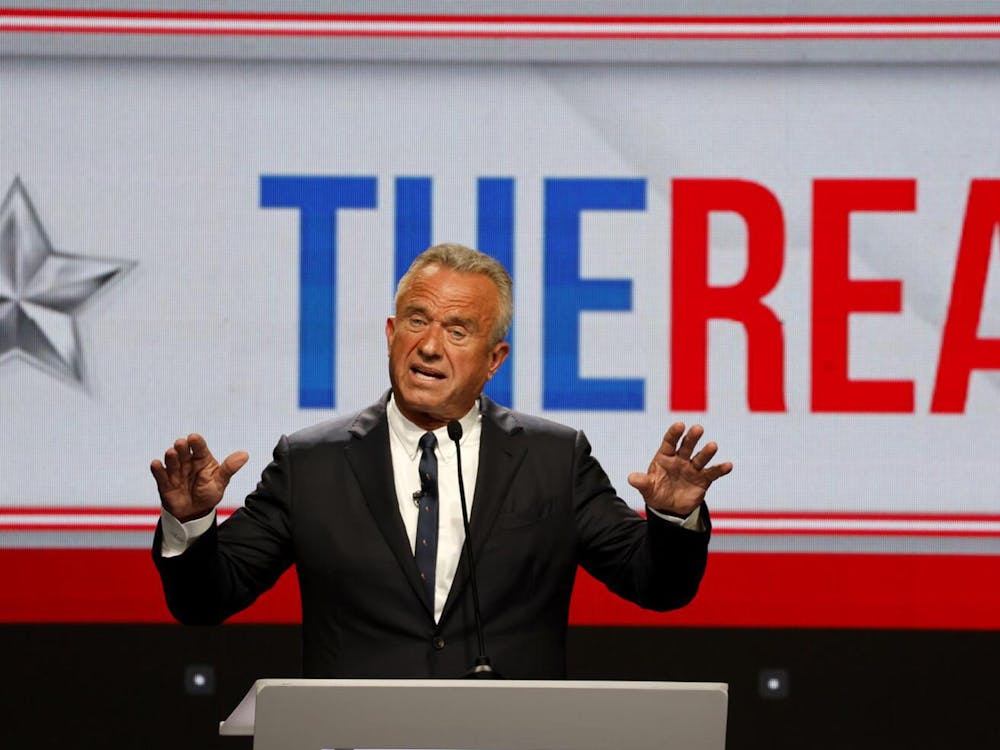Logan Johnson is a senior journalism major and writes opinion for the Daily News. Her views do not necessarily agree with those of the newspaper. Write to Logan at lcjohnson@bsu.edu.
We stood at the Capitol Building in the midst of thousands and thousands of other black men and women all coming together for one common goal: unity.
Our mission, as the National Association of Black Journalists, was to attend the 20th Anniversary of the Million Man March and talk to some of the people who were also at the event that originally took place shortly after I was born.
The presence of peace and unity was almost tangible as we walked through the sea of strangers to get closer to the main speaker, Minister Louis Farrakhan. But even after being present for the minister’s entire speech, it was the words of a vendor named Clinton LeSeuer, who we met before the march had even begun, that resonated with me the most.
“Your generation is the generation of the '60s,” LeSeuer said.
LeSeuer was wandering around the sidewalk with a suitcase full of reusable bags with photos of the Obama family on every side. After he attempted to sell us bags for $5 apiece, he began to share how much respect and love he had for our generation of young people.
LeSeuer’s words caught me by surprise; I had never heard anyone say that I was the generation of the '60s before, nor did I know if it was something to be proud of or something to deny.
So I asked him.
“When you say the generation of the '60s, what exactly does that mean?”
LeSeuer began to explain to us that in the '60s, Dr. Martin Luther King Jr., John Lewis and others were fighting for the rights of black men and women in the United States and they didn’t back down, not even when faced with death.
“The key that makes it significant is you’re giving your life for it,” LeSeuer said.
This was another wheel-turning statement for me.
We are giving our lives for it?
I began to think about every news story I’ve heard recently about young black men being shot and killed by police officers and I began to see what LeSeuer meant.
I began to see Trayvon Martin, Mike Brown and Sandra Bland as people who didn’t even know that by losing their lives they were helping to bring voices to our generation.
The anger and frustration of seeing men that resemble our sons, brothers, cousins and fathers being racially profiled and killed in the year 2015 shows us that we have plenty of work that still needs to be done.
If my generation fights like Dr. King did 50 years ago, for peace, for equality and for justice—not only blacks, but society as a whole—we can continue to move forward and give the next generation less to fight for.





